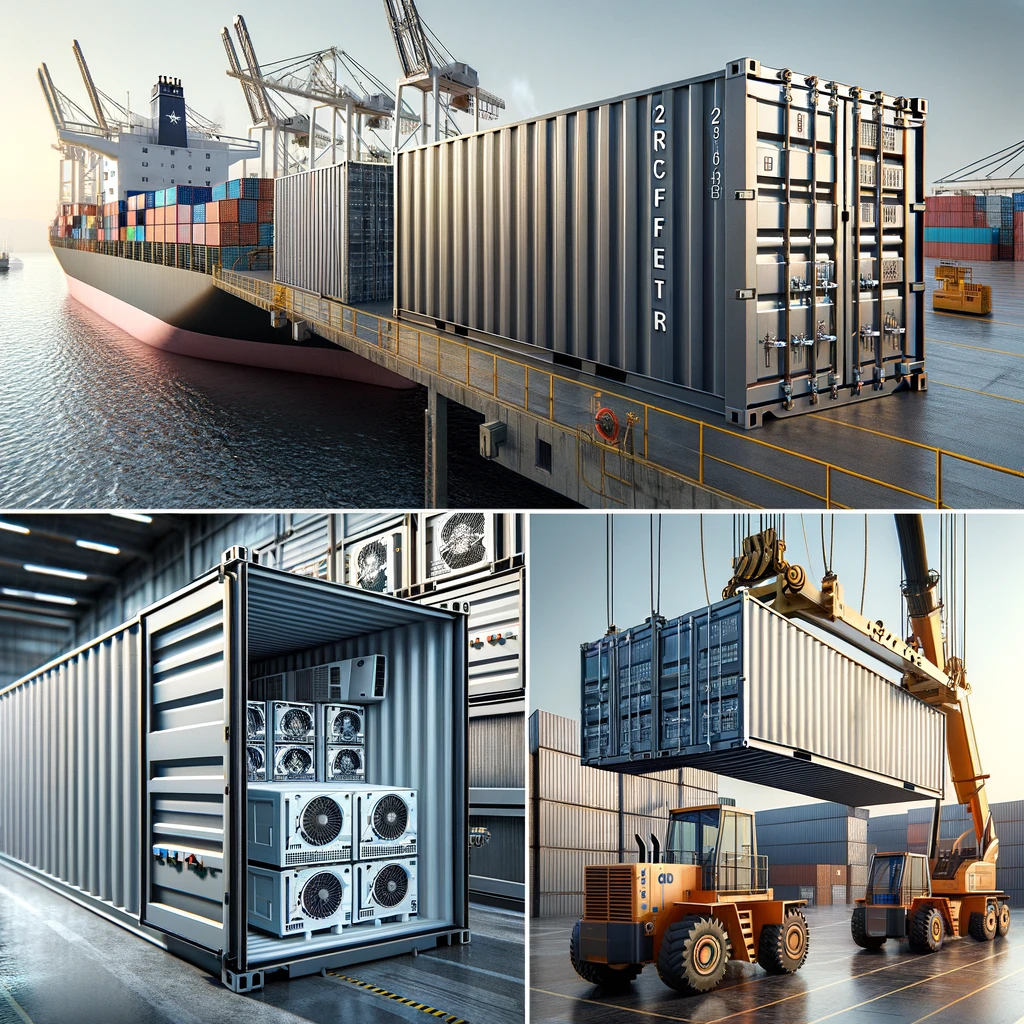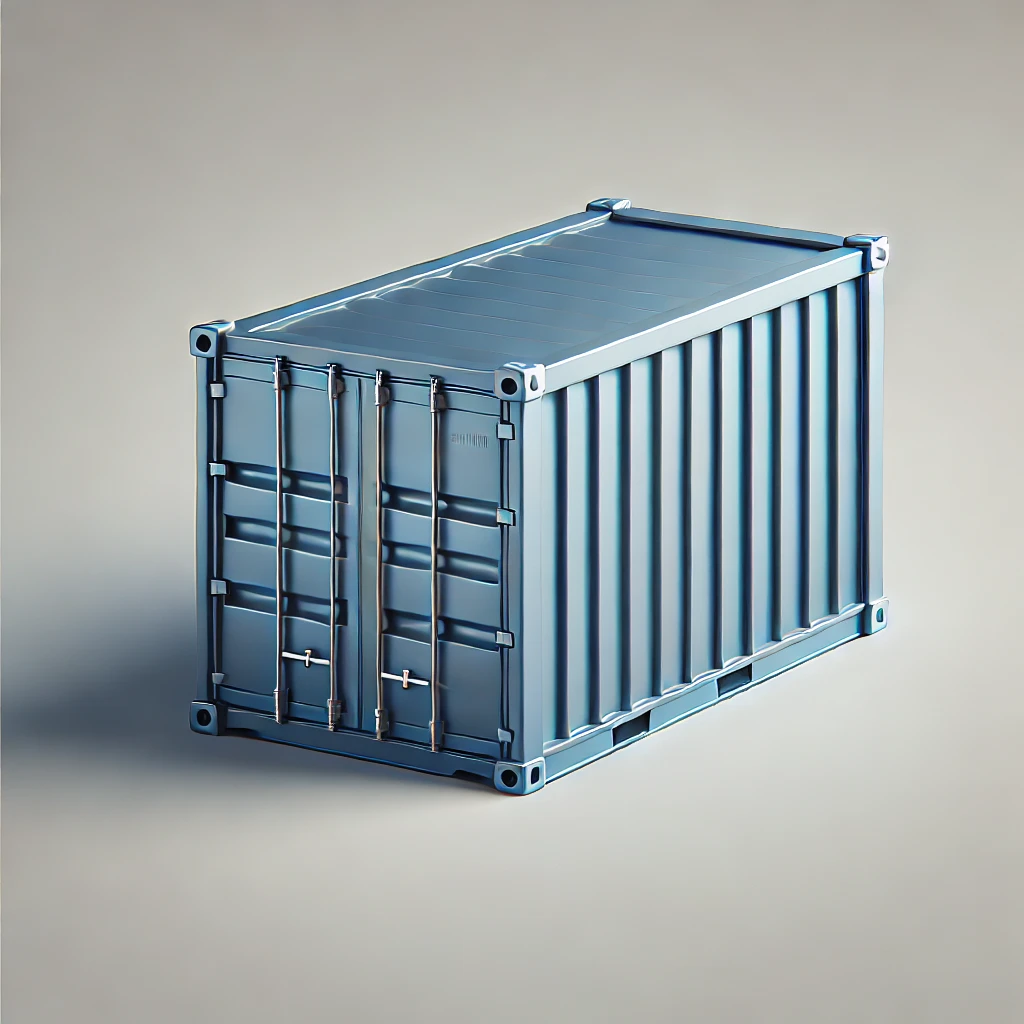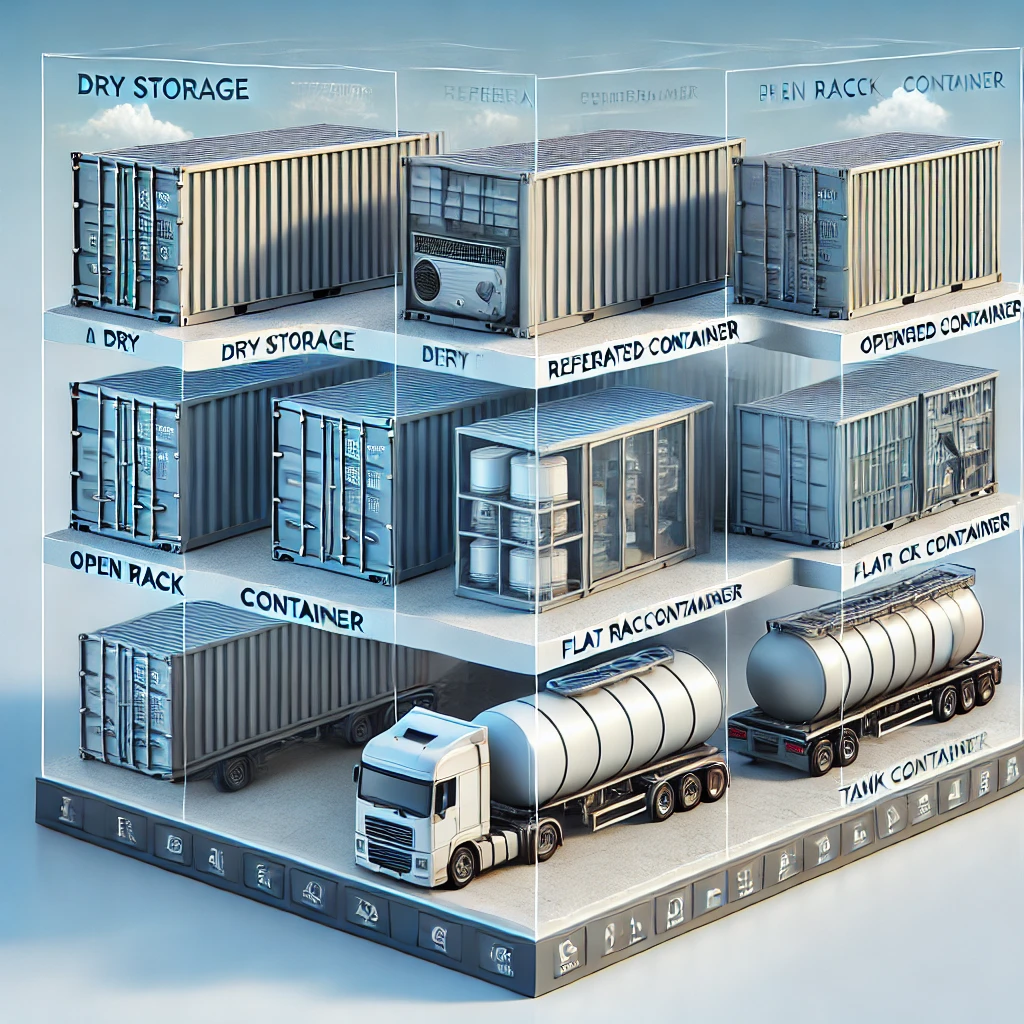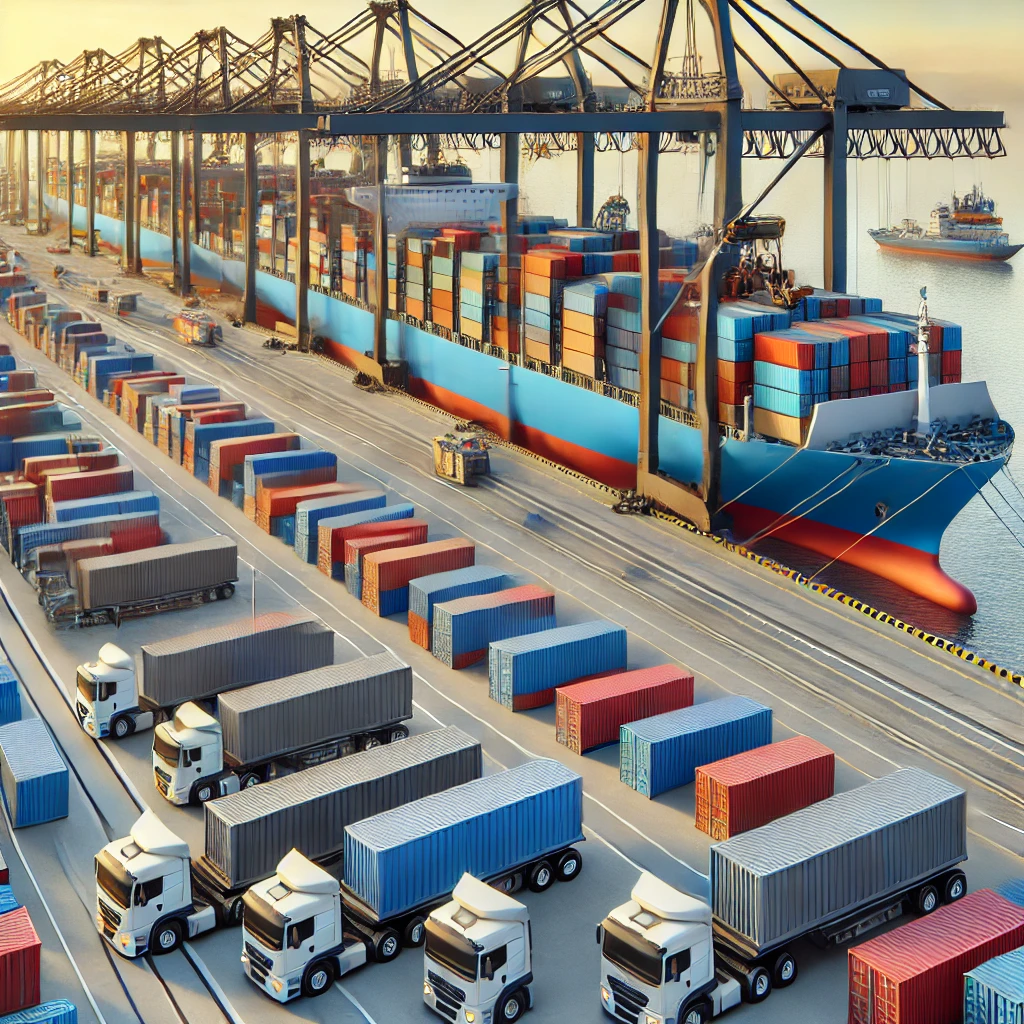Everything You Need to Know About Freight Cargo Containers

What Are Freight Cargo Containers?
Freight cargo containers are large, standardized metal boxes designed for transporting goods. Their standard sizes and intermodal compatibility enable smooth transfers between ships, trains, and trucks. Originating in the mid-20th century, these containers have since become the backbone of modern global commerce, driving efficiency and reducing transportation costs.
Types of Freight Cargo Containers
- Dry Storage Containers: The most common type, suitable for shipping various goods from electronics to textiles.
- Refrigerated Containers (Reefers): Equipped with cooling systems, they maintain temperature control, ideal for perishables like fruits, vegetables, and pharmaceuticals.
- Open-Top Containers: Built for oversized cargo, such as large machinery or construction materials.
- Flat Rack Containers: Feature collapsible sides, making them perfect for shipping large, heavy items like vehicles and equipment.
- Tank Containers: Designed for liquids, chemicals, and gases, ensuring safe and secure transport.

Key Features of Freight Cargo Containers
- 💪 Durability: Made from corrosion-resistant steel or aluminum to endure harsh weather conditions.
- 🔒 Security: Reinforced with lockable doors, protecting cargo from theft and damage.
- 📦 Stackability: Engineered to be stacked, maximizing space on ships and in storage yards.
- 📏 Standardization: International ISO standards ensure uniformity, typically in 20-foot or 40-foot lengths.
Practical Uses of Freight Cargo Containers
- 🚚 Intermodal Transport: Facilitate quick transfers between different transport modes, reducing shipping delays.
- 🏢 Storage Solutions: Repurposed for secure, on-site storage for construction sites and businesses.
- 🏠 Modular Structures: Adapted into portable offices, container homes, and pop-up retail spaces.
- 🚑 Disaster Relief: Quickly transport supplies, shelter units, and medical equipment to affected areas.
Importance in Logistics
Freight cargo containers streamline global shipping operations, significantly reducing handling times and transportation costs. Their standardized design fosters efficient stacking and storage, while their durability minimizes losses from damaged goods. Businesses benefit from consistent delivery schedules and reduced overhead costs, essential for supply chain optimization.

Challenges in Managing Freight Cargo Containers
- Congestion at Ports: Container shortages and port delays can disrupt delivery schedules.
- Storage Space: Managing empty containers can be costly and logistically challenging.
- Maintenance: Regular inspections are necessary to prevent corrosion and ensure security features are intact.
Future Trends in Freight Cargo Containers
- 📡 Smart Containers: Equipped with IoT sensors to monitor location, temperature, and humidity in real time.
- ♻️ Sustainable Designs: Development of eco-friendly containers made from recycled materials.
- 🤖 Automation: Use of automated cranes and trucks for faster loading and unloading operations.
Tips for Choosing the Right Freight Cargo Container
- Assess Cargo Needs: Match container types to the nature of your goods (e.g., reefers for perishables).
- Consider Transport Modes: Ensure compatibility with your shipping methods (land, sea, or air).
- Evaluate Container Condition: Inspect for structural integrity if purchasing used containers.
- Compare Costs: Weigh rental versus purchase options based on your business needs.
- Research Regulations: Ensure compliance with international shipping standards and local laws.

Conclusion
Freight cargo containers are indispensable in global commerce, supporting industries from retail to manufacturing. Understanding their types, features, and uses can help businesses streamline their logistics operations, improve supply chain efficiency, and adapt to emerging trends. Investing in container management solutions and staying ahead of technological advancements will ensure businesses remain competitive in the evolving global marketplace.
